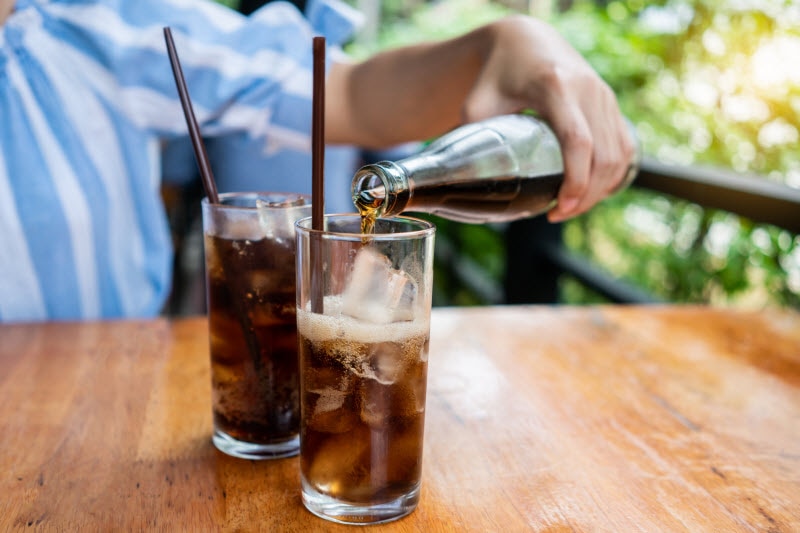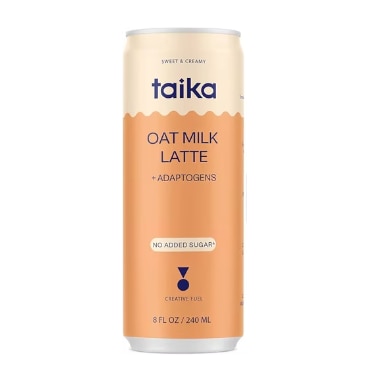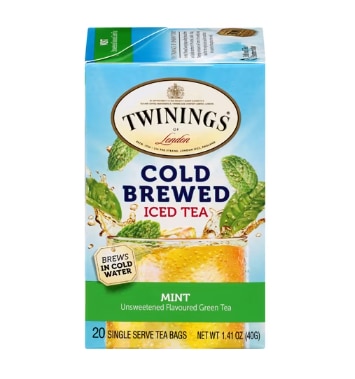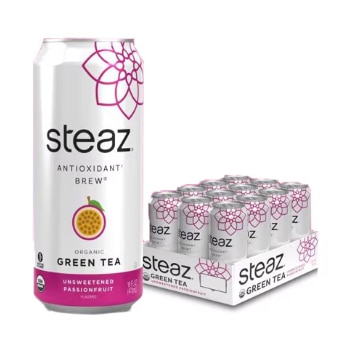If the widespread consumption of sugary drinks didn’t already raise concerns, consider this: Nearly half of all added sugars consumed by Americans age 2 and above come from sugary drinks. This means sugary drinks are the No. 1 source of added sugars in the American diet.

It doesn’t take much for sugary drinks to push someone past the recommended daily intake of added sugars. Dietary guidelines from the U.S. Department of Agriculture (USDA) suggest added sugars should make up less than 10% of total daily calories.
So, for someone sticking to a 2,000-calorie-a-day diet, this would translate to no more than 200 calories from added sugars. Just one 20-ounce sweetened soda might push someone over the recommended limit.
Keep in mind that added sugars aren’t the same as natural sugars found in fruits, vegetables and milk.
“Sugary drinks are high in calories and have little to no nutritional value,” New York City’s public health department declares.
“The companies that sell these drinks spend hundreds of millions of dollars on ads and may try to convince you that sugary drinks can be part of a healthy diet,” the department adds. “Despite their claims, it is hard to balance out the health problems caused by these drinks.”
Research shows sugary drinks contribute to an array of health problems, including obesity, type 2 diabetes and heart disease.
Follow along to drink up information about why sugary beverages are so bad for us.
What are sugary drinks?
We consume a number of beverages that might qualify as sugary. These include:
- Regular soda
- Sweetened water
- Sweetened coffee
- Sweetened tea
- Sports drinks
- Energy drinks
- Electrolyte drinks
- Juice drinks
Fortunately, many drinks are not considered sugary, according to the American Heart Association. They include:
- Unsweetened waters, teas and coffees
- Diet drinks
- Flavored animal milk
- 100% fruit juice
- Plant-based milk with fewer than 5 grams of added sugar per 8 ounces
- Infant formula
- Medically necessary beverages, such as meal replacement drinks
What kinds of sugars are in sugary drinks?
Cane sugar isn’t the only kind of sugar found in sugary drinks. Among the other types are:
- Brown sugar
- Corn syrup
- High-fructose corn syrup
- Corn sweetener
- Agave and other fruit nectars
- Dextrose
- Maltose
- Sucrose
- Honey
- Malt syrup
- Molasses
Since added sugar in sugary drinks can come in so many forms, carefully examine drink labels to check the ingredients.
“To stay healthy, pay attention to what you are drinking. Beware that some drinks claim to be packed with vitamins, antioxidants and other healthful ingredients but they are often loaded with sugar,” according to the Rhode Island Department of Health.
What health problems are linked to sugary drinks?
As you might expect, sugary drinks can jeopardize your physical well-being. They raise the risk of health issues like:
- Obesity
- Weight gain
- Type 2 diabetes
- Heart disease
- High blood pressure
- Tooth decay
- Arthritis
- Gout
- Infertility
Research published in 2022 in the journal Nature Reviews Endocrinology indicates that, based on 2012 data, an estimated 7.4% of all cardiometabolic-related deaths in the U.S. could be attributed to consumption of sugary beverages. Cardiometabolic conditions include heart attack, stroke, diabetes, insulin resistance and liver disease.
Another troublesome statistic: A study released in 2013 connected sugary drinks to an estimated 25,000 obesity-related deaths in the U.S. Although this data is more than 10 years old, it gives a sense of the dangerous connection between sugary drinks and obesity.
Due to the many health risks, you’ll be better off if you decrease or get rid of sugary drinks in your diet.
“People who drink sugary beverages do not feel as full as if they had eaten the same calories from solid food, and research indicates they also don’t compensate for the high caloric content of these beverages by eating less food,” says Harvard University’s T.H. Chan School of Public Health.
How to cut back on sugary drinks
Sugary drinks make up a sizable share of Americans’ diets, but their consumption can be reduced or even eliminated. Here are 12 tips for sipping fewer sugary beverages:
- Stop keeping sugary drinks at home.
- Drink lots of regular water. Include a slice of lemon, lime or cucumber or a few mint leaves to boost the flavor.
- Add a bit of 100% fruit juice to sparkling water.
- Eat whole fruits instead of drinking sugar-added fruit juice.
- Choose zero-sugar sodas.
- Gradually remove sugary beverages from your diet to ease the transition. For example, you might temporarily switch to lower-calorie sweetened drinks.
- Ask public spots such as workplaces to install stations for filling up reusable water bottles.
- Order coffee and tea without syrups and other high-sugar sweeteners.
- Sprinkle cinnamon, cocoa powder or nutmeg into your coffee to spice it up.
- Replace sugary drinks with unsweetened low-fat, no-fat or plant-based milk.
- Consume smaller portions of sugary drinks.
- Limit sugary drinks to special occasions, such as birthdays and holidays.
Featured Products



The post Sweet Tooth, Bitter Consequences: The Truth About Sugary Drinks first appeared on The Upside by Vitacost.com.

